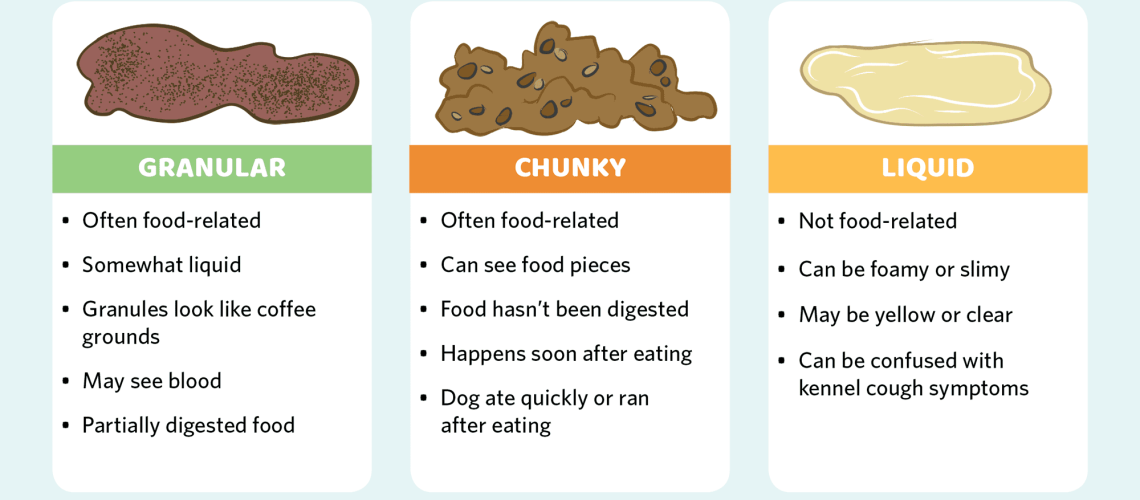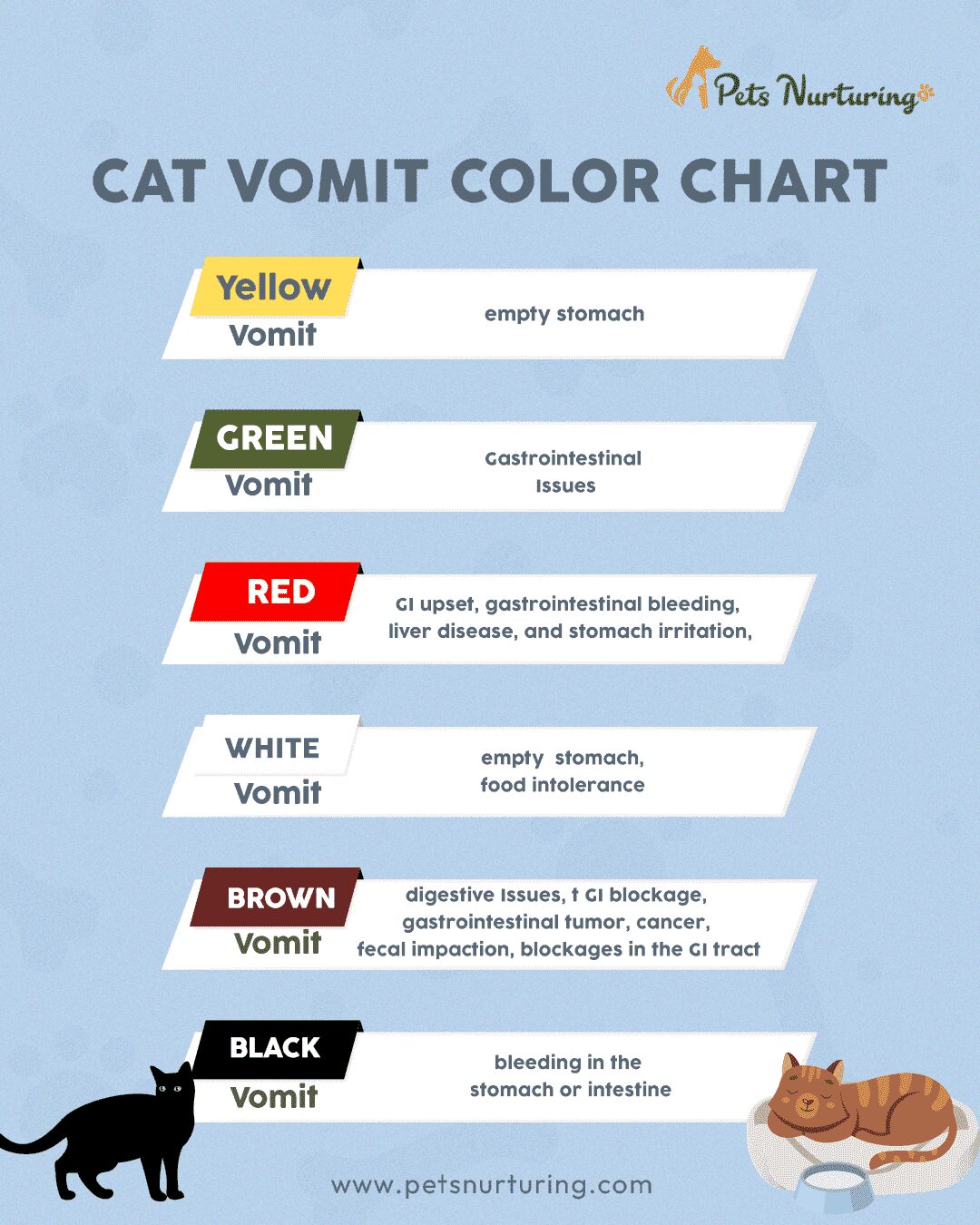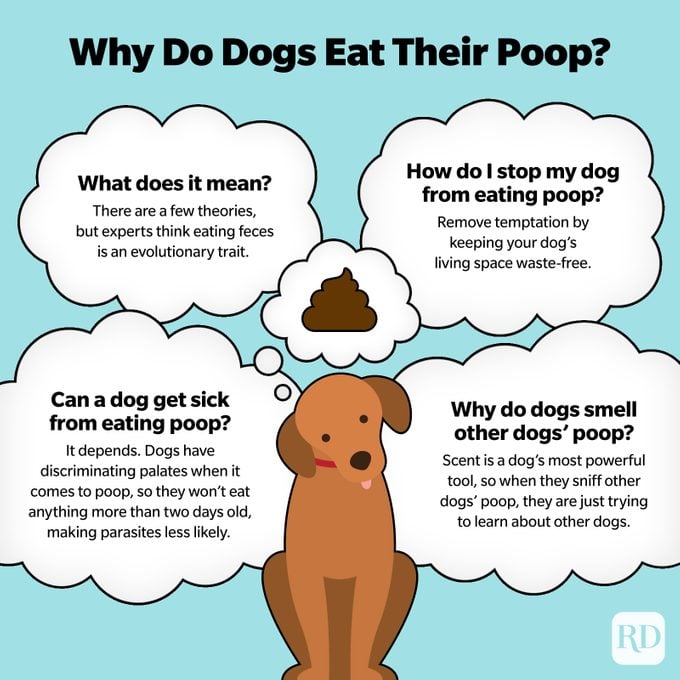Vomiting in puppies is a common concern among pet owners. It is important to understand the causes and potential risks associated with this issue to ensure the health and well-being of your furry friend.
Key Takeaways:
- Vomiting in puppies can be caused by a variety of factors, including dietary indiscretion, infections, parasites, or underlying health conditions.
- It is important to monitor the frequency and consistency of the vomit, as well as any accompanying symptoms such as diarrhea or lethargy.
- If a puppy vomits once and appears otherwise healthy, it may be due to eating too quickly or consuming something disagreeable. However, persistent or severe vomiting requires veterinary attention.
- Dehydration is a significant concern when puppies vomit frequently. Providing small amounts of water frequently can help prevent dehydration.
- Avoid feeding the puppy for at least 12 hours after vomiting to allow their stomach to settle. Gradually reintroduce a bland diet consisting of boiled chicken and rice in small portions.
Understanding Vomiting in Puppies
Vomiting is a common occurrence in puppies, and it refers to the forceful expulsion of stomach contents through the mouth. It can be quite distressing for both the puppy and its owner. To understand why puppies vomit, it helps to know that their digestive systems are still developing, and they have a tendency to explore their surroundings with their mouths. This means that they may accidentally ingest something that doesn't agree with their stomachs.
Vomiting can also be a sign of an underlying health issue or an indication that the puppy has eaten too quickly or too much. In some cases, it may be a temporary reaction to stress or excitement. It's important to pay attention to the frequency and severity of the vomiting to determine if it requires veterinary attention.
Causes of Vomiting in Puppies
There are several potential causes of vomiting in puppies:
- Ingesting something indigestible: Puppies are curious by nature and tend to explore their environment by putting things in their mouths. They may swallow objects like toys, socks, or even plants that can cause irritation or blockage in their digestive system.
- Overeating: Puppies have small stomachs and can easily overeat if given access to unlimited food. This can lead to vomiting as their bodies struggle to process the excess food.
- Infections: Puppies are more susceptible to infections due to their developing immune systems. Gastrointestinal infections caused by bacteria or viruses can result in vomiting.
- Dietary changes: Abrupt changes in a puppy's diet can upset their stomachs and lead to vomiting.
Common Reasons Why Puppies Vomit
Some common reasons why puppies vomit include:
- Eating too quickly: Puppies are often enthusiastic eaters and may gobble down their food too fast. This can cause them to vomit shortly after eating.
- Stress or excitement: Puppies can be sensitive to changes in their environment or routine. If they experience a sudden increase in stress or excitement, it may trigger vomiting as a response.
- Intestinal parasites: Worms and other intestinal parasites can cause digestive disturbances in puppies, leading to vomiting.
It's important to note that while occasional vomiting may not be a cause for concern, persistent or severe vomiting should be evaluated by a veterinarian to rule out any underlying health issues.
Causes of Vomiting in Puppies
Vomiting in puppies can be caused by a variety of factors. One common cause is dietary indiscretion, where the puppy eats something that doesn't agree with their stomach. This could include eating spoiled food, ingesting foreign objects, or consuming toxic substances. Another possible cause is gastrointestinal infections, which can be caused by viruses, bacteria, or parasites. Puppies with sensitive stomachs may also experience vomiting as a result of food allergies or intolerances.
Common causes of vomiting in puppies include:
- Dietary indiscretion
- Gastrointestinal infections
- Food allergies or intolerances
- Ingestion of foreign objects
- Toxic substance ingestion
Common Reasons Why Puppies Vomit
Puppies may vomit for various reasons, and it's important to identify the underlying cause to provide appropriate treatment. One common reason for vomiting is overeating or eating too quickly. Puppies have small stomachs and can easily become overwhelmed if they consume large amounts of food at once. Another common reason is motion sickness, especially during car rides or when traveling. Stress and anxiety can also trigger vomiting in puppies.
Some common reasons why puppies vomit include:
- Overeating or eating too quickly
- Motion sickness
- Stress and anxiety
- Infections or illnesses
- Medication side effects
Recognizing Signs of Puppy Vomiting
It's important for puppy owners to be able to recognize the signs of vomiting in order to address the issue promptly. Some common signs of puppy vomiting include drooling, retching, heaving, and the actual act of expelling stomach contents. Other signs may include loss of appetite, lethargy, dehydration, and changes in behavior. If a puppy is repeatedly vomiting or showing severe symptoms such as blood in the vomit or abdominal pain, immediate veterinary attention should be sought.
Signs that your puppy may be vomiting include:
- Drooling
- Retching
- Heaving
- Expelling stomach contents
- Loss of appetite
- Lethargy
- Dehydration
- Changes in behavior
Is Vomiting in Puppies a Cause for Concern?
Vomiting in puppies can range from mild to severe and may or may not be a cause for concern depending on the circumstances. Occasional vomiting due to dietary indiscretion or motion sickness is usually not a major concern if the puppy is otherwise healthy and shows no other alarming symptoms. However, persistent or frequent vomiting, especially accompanied by other concerning signs like diarrhea or lethargy, could indicate a more serious underlying issue and should be evaluated by a veterinarian.
Taking Care of a Puppy that Vomits Frequently
If your puppy vomits frequently, it's important to take steps to address the issue and provide appropriate care. First, ensure that your puppy is on a balanced and appropriate diet for their age and breed. Avoid feeding them table scraps or foods that are known to cause gastrointestinal upset. It may also help to feed smaller meals more frequently throughout the day instead of one large meal. Additionally, make sure your puppy has access to fresh water at all times to prevent dehydration. If the vomiting persists or worsens, consult with a veterinarian for further evaluation and guidance.
Potential Food-Related Causes of Puppy Vomiting
Food-related causes can play a significant role in puppy vomiting. Some puppies may have food allergies or sensitivities that lead to gastrointestinal upset and vomiting. Common allergens include certain proteins like chicken or beef, as well as grains such as wheat or corn. Poor quality or spoiled food can also cause digestive issues and vomiting in puppies. It's important to carefully select a high-quality, age-appropriate puppy food and monitor your puppy's response to ensure they are tolerating it well.
Some potential food-related causes of puppy vomiting include:
- Food allergies or sensitivities
- Poor quality or spoiled food
- Inappropriate diet for age and breed
- Intolerance to certain ingredients (e.g., grains, specific proteins)
Home Remedies for Relieving Puppy Vomiting
If your puppy is experiencing mild vomiting, there are some home remedies that may help alleviate their symptoms. One option is to withhold food for 12-24 hours to allow their stomach to settle. However, it's important to ensure they still have access to water to prevent dehydration. Once the fasting period is over, gradually reintroduce a bland diet consisting of boiled chicken and rice in small portions. Probiotics can also be beneficial in restoring the balance of gut bacteria and promoting digestion. However, if the vomiting persists or worsens, it's best to consult with a veterinarian for proper diagnosis and treatment.
When to Seek Veterinary Help for a Vomiting Puppy
In most cases, occasional vomiting in puppies may not require immediate veterinary attention. However, there are certain situations where it is important to seek professional help. If your puppy is repeatedly vomiting, unable to keep any food or water down, or showing signs of distress such as abdominal pain or lethargy, it is recommended to consult with a veterinarian. Additionally, if the vomit contains blood or appears dark and coffee-ground-like in texture, immediate veterinary assistance should be sought as these could indicate more serious underlying conditions.
| Conclusion | |
|---|---|
| Vomiting in puppies is a common concern for many pet owners. It can be caused by various factors such as dietary indiscretion, infections, or underlying health conditions. | If your puppy experiences vomiting, it's important to monitor their behavior and consult a veterinarian if the symptoms persist or worsen. Providing proper care, maintaining a balanced diet, and ensuring a safe environment can help prevent vomiting episodes in puppies. |
When should I be concerned about my puppy vomiting?
If your puppy has ingested something foreign or toxic, is vomiting blood, has pale or white gums, or is lethargic, it is important to take them to the veterinarian immediately. The term "regurgitation" is used when your puppy brings up food that they have recently eaten.
Is it normal for puppies to vomit?
It is common for puppies to vomit, which can serve as a natural defense mechanism against eating harmful objects. However, puppy vomiting can also indicate a severe illness that could be life-threatening. If your puppy vomits frequently, it is important to consult a veterinarian.
What does parvo throw up look like?
Vomit can have a clear, yellow, or brown color, while diarrhea may have a light yellow or mustard color and may contain blood. Along with frequent vomiting, puppies with parvo may also drool or have foam at their mouth. Their nose may also start to run.
What helps a puppy with vomiting?
It is crucial to allow your dog's digestive system to recover and rest after vomiting by not feeding them for 12-24 hours. You can provide small amounts of water to keep them hydrated. Providing food and large amounts of water will only worsen your dog's upset stomach.
What is the first signs of parvo in a puppy?
Common symptoms of parvovirus include fatigue, decreased appetite, stomach discomfort, bloating, fever or low body temperature, vomiting, and severe, often bloody, diarrhea. Prolonged vomiting and diarrhea can lead to rapid dehydration, and damage to the intestines and immune system can result in septic shock.
What does concerning dog vomit look like?
If your dog vomits and it contains blood, dark brown or black vomit, has a foul odor, or you suspect they have ingested something toxic, it is important to contact your veterinarian right away for guidance. The same applies if your dog seems sick or in discomfort.

















